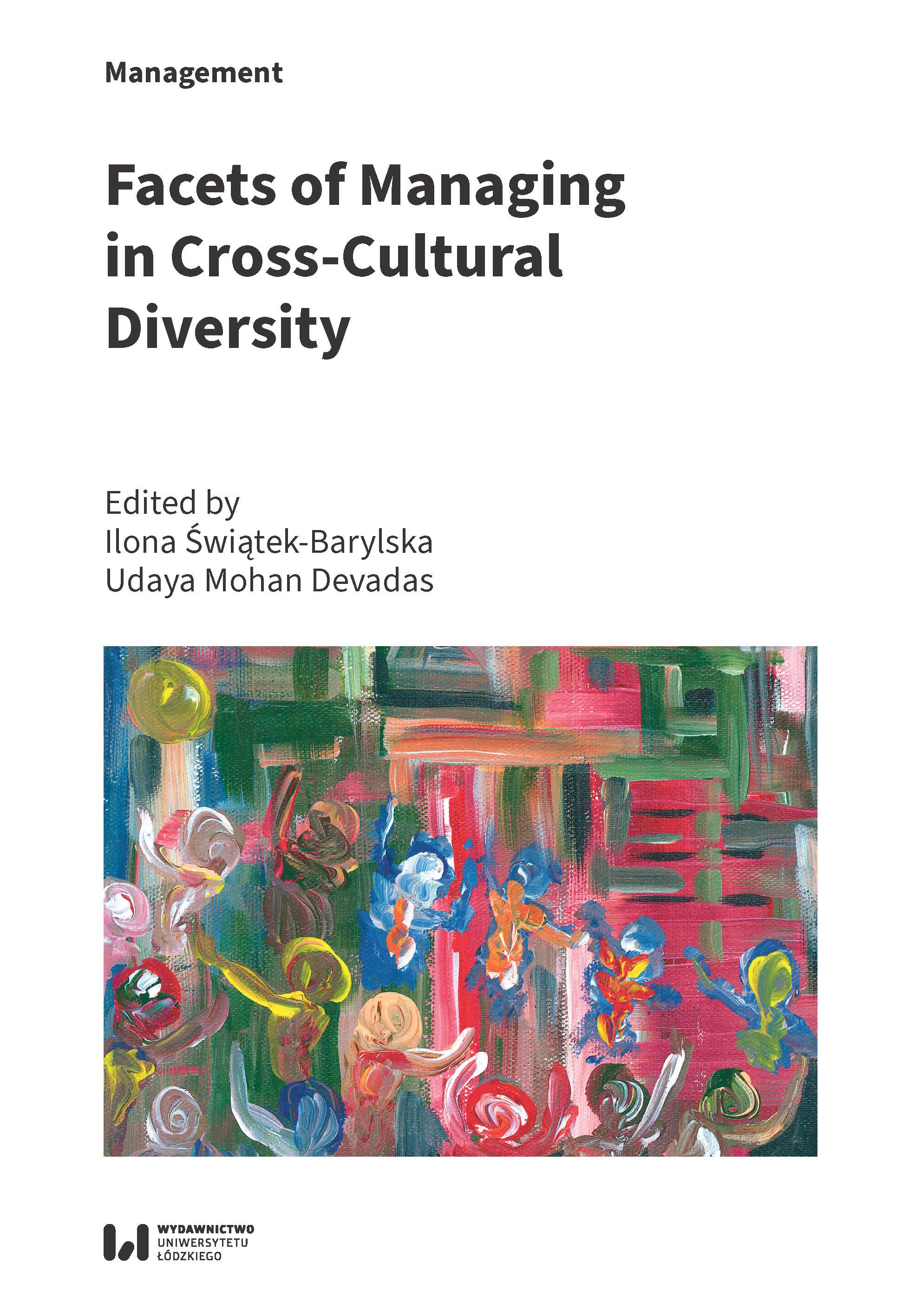Cultural Differences in Understanding Social Capital – Wasta and Social Capital
Cultural Differences in Understanding Social Capital – Wasta and Social Capital
Author(s): Omar Shaheen
Subject(s): Economy, Business Economy / Management, Socio-Economic Research
Published by: Wydawnictwo Uniwersytetu Łódzkiego
Keywords: social capital; Wasta; client; possessor; structural dimension; cognitive dimension; relational dimension
Summary/Abstract: Wasta (in the Arabic literature wasta) means “intercession” or “mediation”. This concept covers a wide range of social activities. In the West it is known as clientelism, due to the existence of an informal relationship between the client (requestor of Wasta-demanding interest) and the possessor. The purpose of this paper is to analyze Wasta in an Arabic country through the three dimensions of the social capital (structural, cognitive, relational). To achieve this aim a theoretical research method was used to analyze Wasta. As a social mechanism in an Arabic country, Wasta can be considered an example of social capital, due to the fact that it contains the structural, cognitive and relational dimensions of the social capital mentioned in the literature.
Book: Facets of Managing in Cross-Cultural Diversity
- Page Range: 91-100
- Page Count: 10
- Publication Year: 2021
- Language: English
- Content File-PDF

